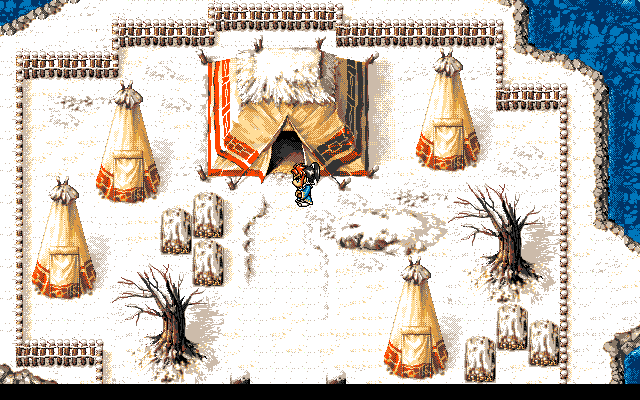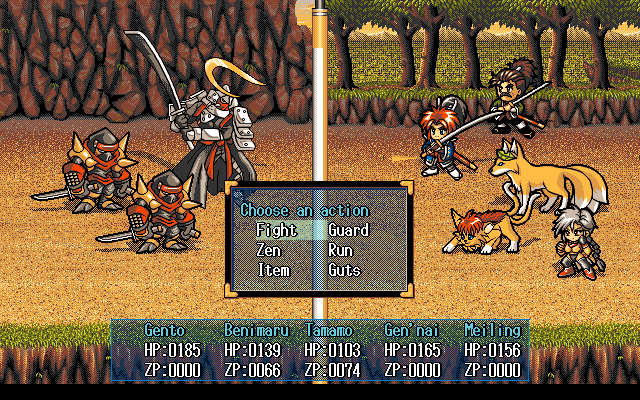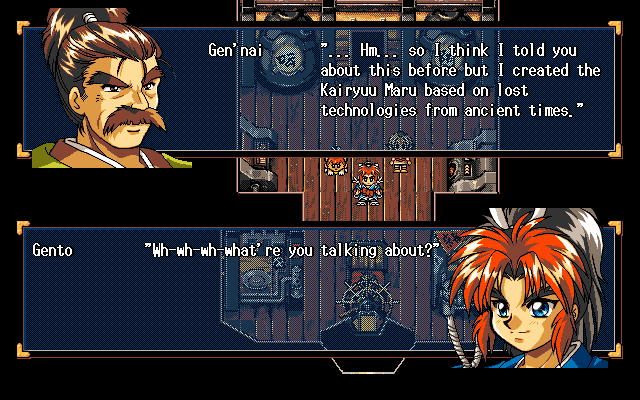Appareden is 30 years old? Neat!
You heard that right. The latest game we translated has just turned 30 years old. That’s a pretty long time. Almost as time as it makes some people (kuoushi) to fix some issues!
So on the day of Appareden’s 30th anniversary, we’ve released a small patch that will fix the game to be fully playable. That’s right, no more crashes. Well, maybe some crashes, but at least now you can probably beat the game. This recent version doesn’t fix EVERYTHING that we’d like to fix, but this is the most important one. We’ll probably save that for when we finish the manual and other physical stuff (in-progress!) that we’re still going to release with 1.0.0.
Oh, and if you were having problems with the CD audio some people had, we did figure that out. Basically, there were some DOS issues that needed to be fixed. More info on that in the project page’s FAQ.
And then, another thing that we forgot to do… our bug report form! We forgot to add in Apppareden. That’s fixed, so if you do have issues, then you can send those in to us at the normal place.
That’s it for now. Hope to hear that more people have had fun playing the game!







